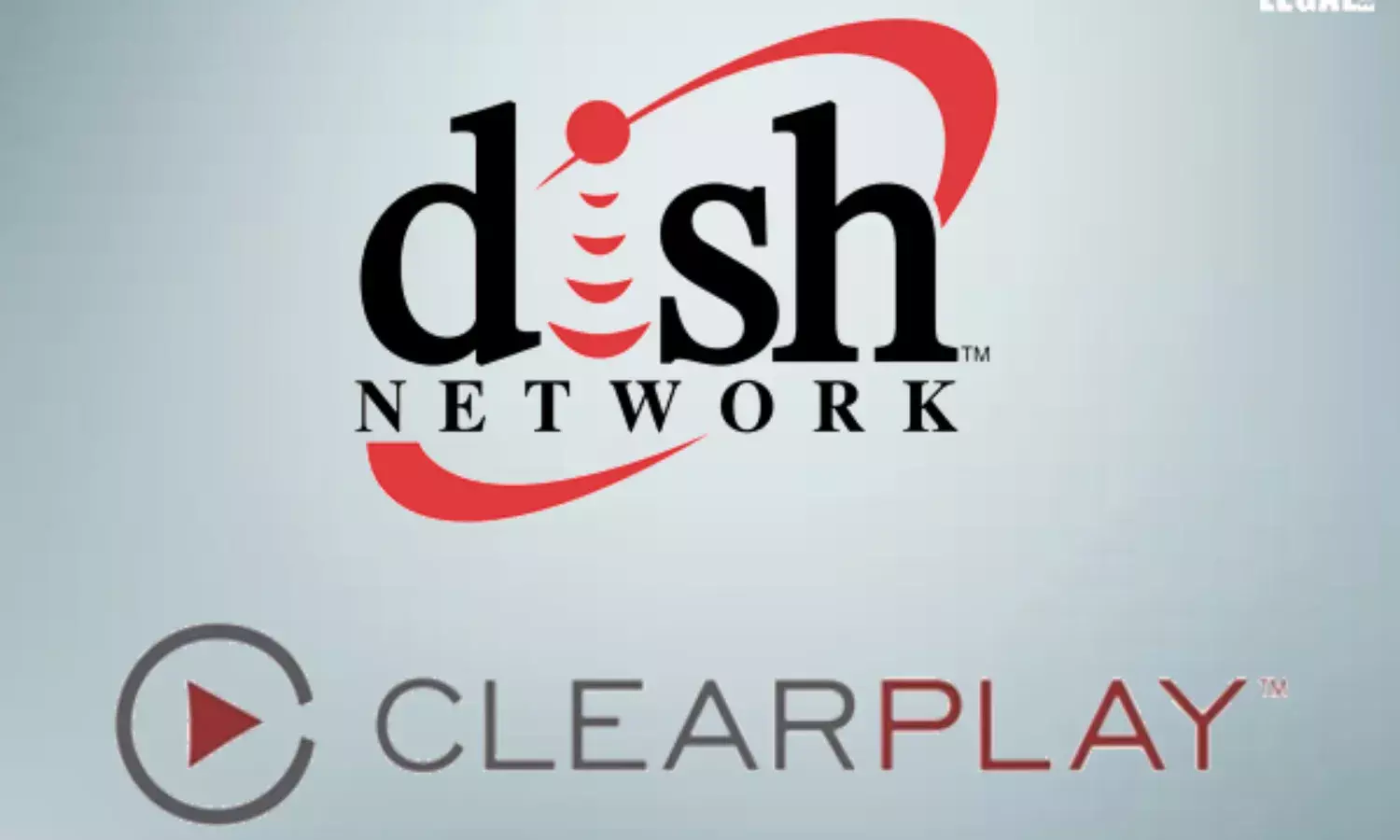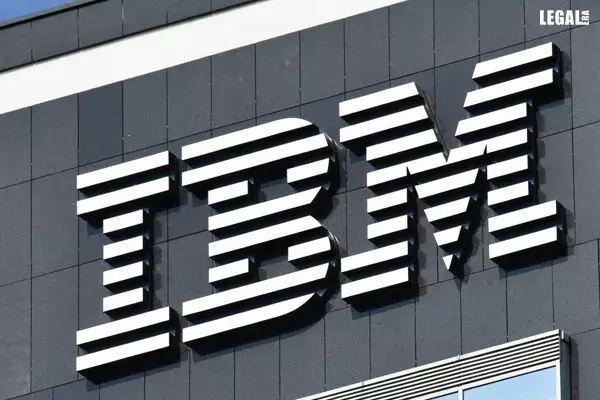US Federal Court Orders Dish Network to pay US Dollar 469 Million to ClearPlay for Patent Infringement
The United States Federal Court in Utah has ordered the Satellite broadcaster Dish Network to pay US Dollar $469 million;

US Federal Court Orders Dish Network to pay US Dollar 469 Million to ClearPlay for Patent Infringement
The United States Federal Court in Utah has ordered the Satellite broadcaster Dish Network to pay US Dollar $469 million to a technology company that patented a technique to filter certain materials from streaming video services.
The judgment was awarded by a Federal Jury in a patent infringement lawsuit brought by ClearPlay, which offers parental controls on streaming video services like Netflix, Amazon Prime Video and Disney Plus that allows viewers to skip over content that includes violence and other mature content.
The lawsuit filed by ClearPlay contended that Dish Network’s commercial skip technology associated with its Hopper set-top boxes infringed on two patents that were held by ClearPlay. The feature, called AutoHop, allowed Dish’s satellite subscribers to fast-forward through commercial breaks during certain television programs on specific channels.
During the proceedings, Dish Network submitted its contentions before the Court stating that ClearPlay’s patents were not valid because the skipping technique was covered by technology invented by others. Dish also argued the AutoHop feature was different from ClearPlay’s parental controls because it involved skipping over commercials, not adult content, and involved linear channels, not streaming services.
However, the Federal Jury was not impressed with the contentions forwarded by Dish and concluded that Dish did violate ClearPlay’s patents, but rejected a claim by ClearPlay that the violation was intentional. A spokesperson for Dish Network said the company was disappointed by the verdict.
The Jury also flatly rejected Dish’s claims that the two patents at the center of the case — Patent 970 and Patent 799 — were not valid, upholding ClearPlay’s argument that the patents were not only valid, but applicable to the case.



